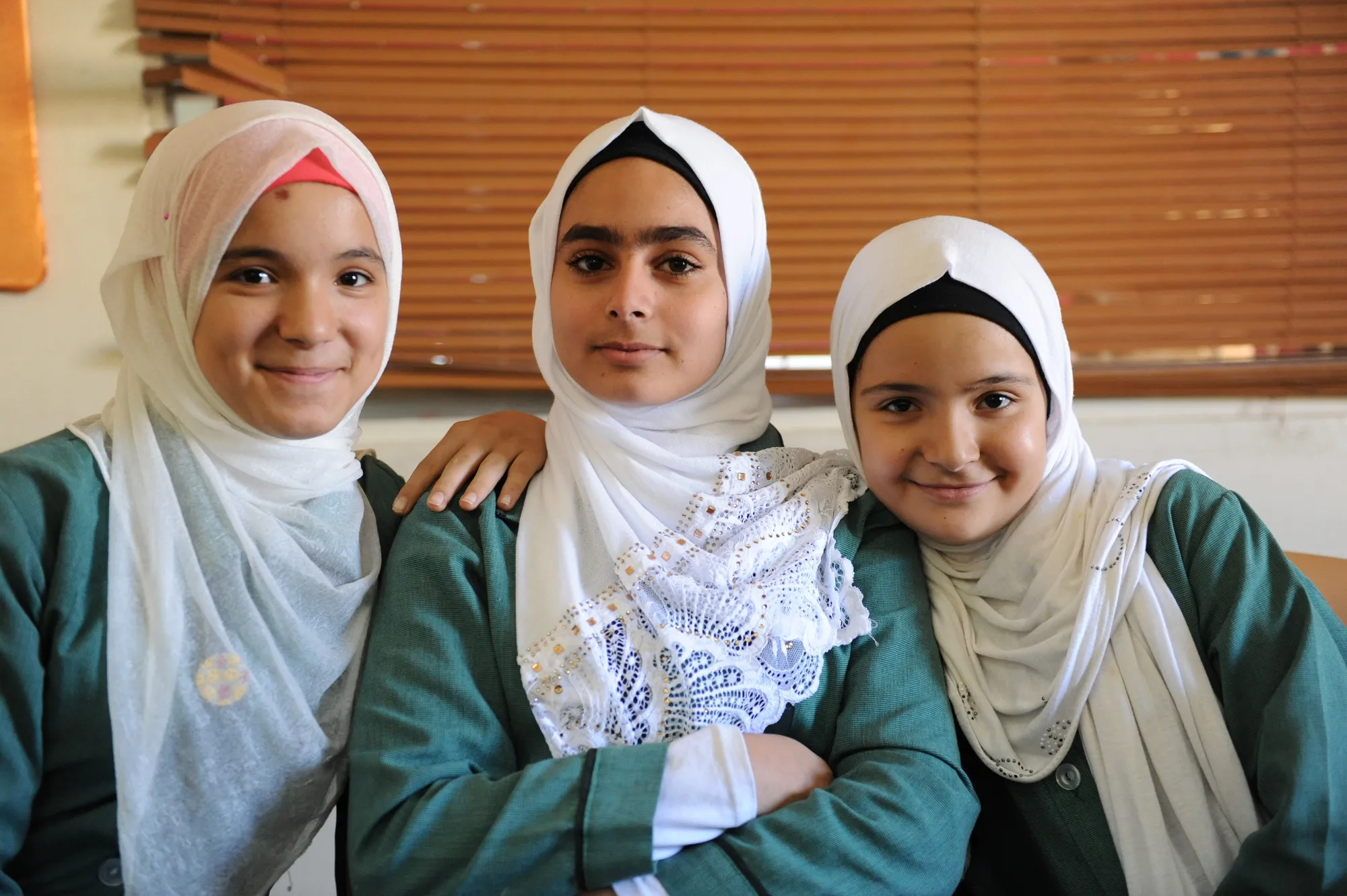Many parts of the world celebrated Mother’s Day on May 10 – a day when families celebrate motherhood and honor mothers’ contributions to their children, the community, and the world.
It takes a lot of love, effort, and dedication to be a good mother. For that reason, we believe it is important that everyone has the choice whether or not to be a parent, and when to take on that responsibility. Unfortunately, many women and girls around the world do not get to choose; and the COVID-19 pandemic is likely to make the problem worse.
UNFPA recently reported that lockdowns and the resulting service and supply chain disruptions are hitting women and girls especially hard, making it difficult for them to access sexual and reproductive health (SRH) information and services, including contraceptives. Adolescents have trouble accessing these services even in the best of times due to harmful social norms and policies. Adolescent girls face heightened risks, such as early marriage or transactional sex, in the world of COVID-19 that may cause them to become mothers earlier than is desired or recommended. In general, complications during pregnancy and childbirth are the leading cause of death for 15–19-year-old girls globally.
The Ebola epidemic can teach us a lot about how a pandemic affects adolescent girls. Studies from the Ebola response indicate that school closures and increased barriers to accessing contraception among adolescents resulted in increased sexual activity and unplanned pregnancies. We also know from our work in crisis-settings around the world that emergencies often result in increased rates of child, early, and forced marriage (CEFM). This is a significant driver of adolescent pregnancy in low-income countries, especially in places affected by conflict and crisis. UNFPA warns that the pandemic may result in 13 million more child marriages between 2020 and 2030 as poverty increases and programs designed to prevent CEFM are scaled back due to lack of funds or restrictions on gatherings and movement.

